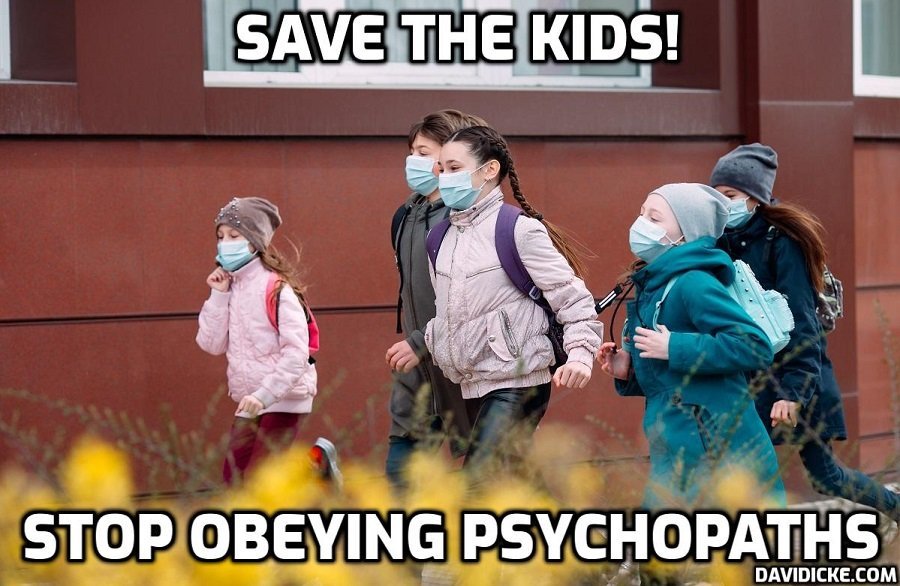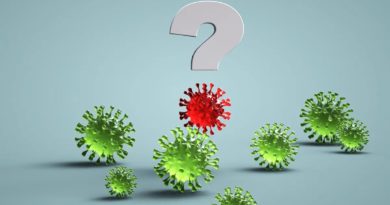Anxiety & depression in children are on the rise. What can we do to help them if Covid restrictions return?

With the Covid Delta variant spreading across the globe, the concept of ‘pandemic fatigue’ is back in the headlines. One by one, countries are bringing back restrictions that everybody hoped were lifted forever. According to the World Health Organization, pandemic fatigue is “an expected and natural response to a prolonged public health crisis” not just related to the virus itself, but to the “invasive measures with unprecedented impacts on the daily lives of everyone.” In this context, reimposed restrictive measures would not be “unprecedented,” but would this make them less harmful? Only if we draw conclusions from our recent experience, psychologists suggest, and prepare ourselves and our loved ones for the difficulties to come.
It’s clear that children are among those more exposed to the psychological effect of Covid and all the related restrictions. “Anxiety, sleeping disorders, problems with planning things, with adapting the mind to different conditions – these are the symptoms that emerged earlier as a reaction to the shocking situation, and are still present,” Professor Rocio Lavigne Cervan from the Department of Evolutionary Psychology and Education at University of Malaga in Spain, told RT. “All these factors together are harming children’s daily routine, learning process, social and family life.”
Prof. Lavigne participated in a study aimed at analyzing how confinement impacted on Spanish children’s psychological stability. And the results were extremely worrying. Out of 1,028 participants aged from six to 18, 66.9% of children and 67.9% of adolescents showed medium to high levels of anxiety.
The problem here is not just a temporary one, experts warn. If not addressed properly, it may last for a long time – possibly even forever. Professor Francesco Benedetti, group leader of the Research Unit in Psychiatry and Clinical Psychobiology at San Raffaele Hospital in Milan, Italy, explained, “In some cases, anxious reactions are expected to vanish when life returns to its normal course. But unfortunately, the traumatic events experienced in early ages may trigger psychiatric disorders.”
*** This article has been archived for your research. The original version from David Icke can be found here ***


